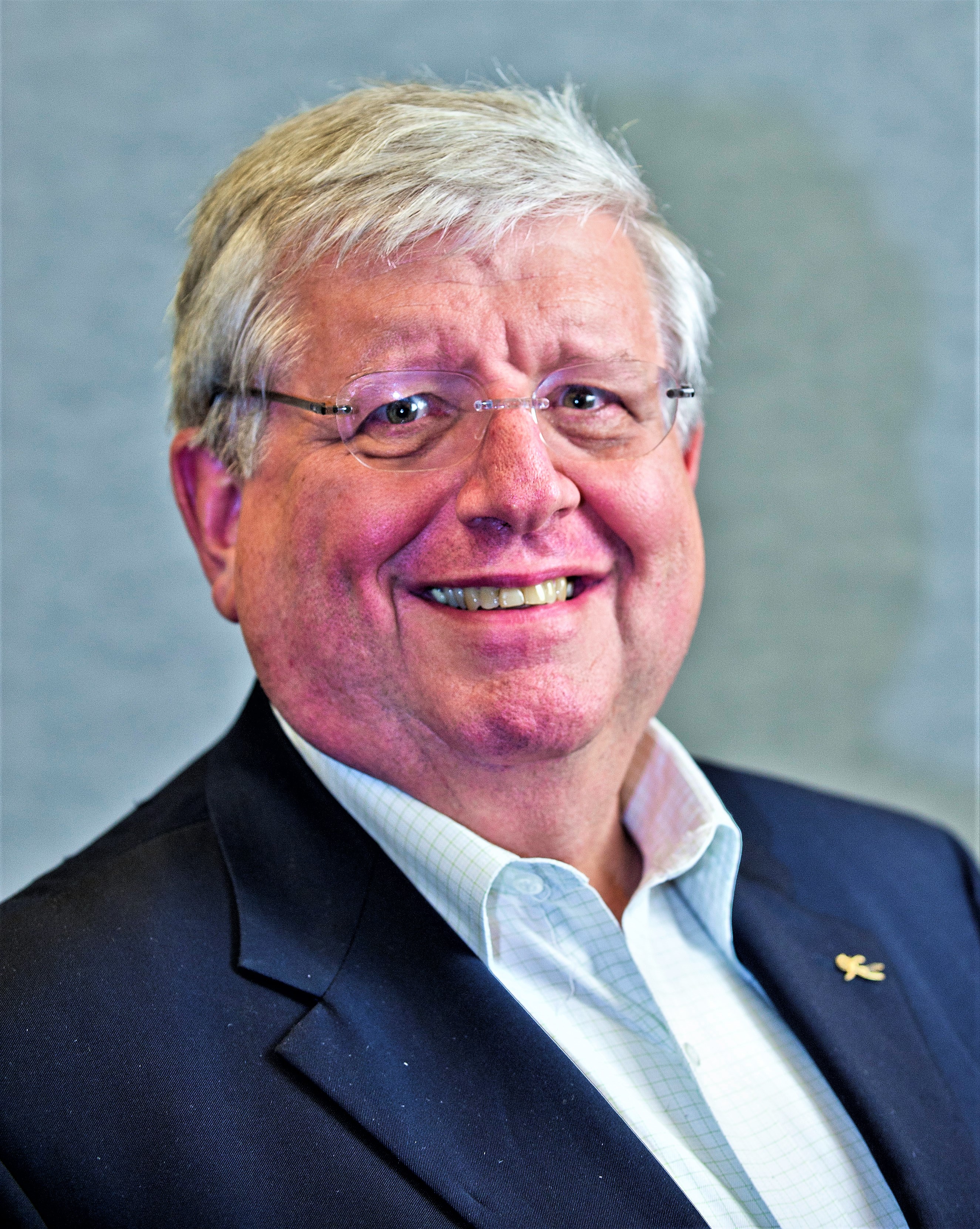What's Next for DirecTV?
Special to TV Technology
BETHESDA, MD.
Could John Malone sell a second multichannel carrier to AT&T? Or will he merge his newly acquired DirecTV into EchoStar now that DBS growth has plateaued?
Does the media mogul's 32 percent stake in WildBlue Communications, the satellite Internet access provider, bode new broadband capabilities? Or will Malone's long-standing interest in interactivity shape a vertically integrated colossus?
What if he ties DirecTV's satellite bandwidth with emerging wireless systems, such as WiMax, to compete with local cable and telco TV? Or will the notorious dealmaker merely want to use DirecTV to distribute the extensive portfolio of digital content from his Liberty Media Corp., which now includes a new Hollywood studio?
Ever since Malone and fellow/rival mogul Rupert Murdoch swapped holdings just before Christmas, speculation has flourished about Malone's plans for DirecTV, the nation's largest DBS (direct broadcasting satellite) operator. Liberty Media, which Malone heads, abandoned its 16.3 percent stake in News Corp. in exchange for 38.4 percent controlling interest in DirecTV Group Inc. plus three regional sports networks and $550 million cash. The deal gave Murdoch stronger control over News Corp.
Few expect that Malone, ever the dealmaker, to run DirecTV as a standalone enterprise. The most sardonic view postulates that Liberty might sell the DBS firm to the "new AT&T," which has had a reseller role with DirecTV for several years and could use satellite distribution to bolster its video agenda. Malone sold his previous multichannel operation, Tele-Communications Inc., (TCI), at the time the nation's largest cable TV firm, to the "old AT&T" in 1998.
A somewhat more likely scenario envisions that Malone will push for an alliance with DirecTV's arch rival: EchoStar's Dish service. DirecTV has long been the larger provider (now with 15.6 million subscribers), but Dish has grown steadily to 13 million customers. Cable's aggressive "triple play" campaign offering voice phone service in addition to digital video and data/Internet is starting to retrieve customers who migrated to DBS service during the past decade.
Without sufficient phone or Internet access capabilities to compete with cable, DBS's boom days may be gone--further supporting a consolidation of DirecTV and EchoStar. While it is always hard to handicap such an alliance, the next few years may be a fertile time for such a merger, given the favorable antitrust climate in Washington for such mega-deals. A quick flip of DirecTV would fit Malone's style, if he can find the right tax terms.
To approve a DirecTV/EchoStar merger, regulators would seek a strong commitment to investing in a nationwide broadband network, according to some analysts.
RECORDING & PROGRAMMING
Malone--long an advocate of on-demand viewing--will undoubtedly overhaul DirecTV's content agenda. Popular features such as the digital video recording function may change. TiVo got its biggest initial push from DirecTV, only to be supplanted by the DVR technology of NDS, a company owned by News Corp., when Murdoch acquired DirecTV. Now TiVo may find its way back into the set-top roster. But just as likely, Malone may look elsewhere to the growing number of suppliers of enhanced DVR technology.
Starz is a centerpiece of Liberty's vast content portfolio, which is critical to the DirecTV operation. Liberty also holds stakes in QVC, Discovery Networks and many other program channels. In November, Starz launched "Overture Films," an ersatz studio that will produce and distribute up to 12 feature films per year--further feeding the content pipeline.
High-definition TV plans are less clear, although the growing audience of HD-owning households may demand that DBS as well as cable companies expand their high-def lineups.
ALTERNATIVE DISTRIBUTION
One competitive approach for DirecTV is an alliance with the emerging local wireless broadband services. These systems are being developed for Internet access, but conceivably could be bundled with DirecTV's video delivery to offer an alternative package competing with conventional cable service.
Yet another local distribution possibility comes via a company in which Liberty Capital, another Malone-controlled offshoot, holds a stake. Current Communications Group LLC, a Germantown, Md., firm, is designing broadband over powerline systems--another alternative for local distribution of satellite channels.
As Malone and his Liberty crew develop their DirecTV plans, fundamental changes are inevitable--such as the fate of Chase Carey, who has headed DirecTV since News Corp. acquired it. After nearly 15 years in Murdoch's fold, Carey faces culture shock within Liberty's management. Malone's selections for managing DirecTV may offer strong indications about where he expects to move the company.
Since regulatory and financial approvals of the Liberty-News swap will not be completed until mid-year, Malone and his team have about six months to pull together the first steps for running their new DBS property. After that, whatever he does, Malone will have to act quickly. The changing political climate plus the consolidation of media/telecom powerhouses will affect the great dealmaker's next big deals.
Get the TV Tech Newsletter
The professional video industry's #1 source for news, trends and product and tech information. Sign up below.
Gary Arlen, a contributor to Broadcasting & Cable, NextTV and TV Tech, is known for his visionary insights into the convergence of media + telecom + content + technology. His perspectives on public/tech policy, marketing and audience measurement have added to the value of his research and analyses of emerging interactive and broadband services. Gary was founder/editor/publisher of Interactivity Report, TeleServices Report and other influential newsletters; he was the long-time “curmudgeon” columnist for Multichannel News as well as a regular contributor to AdMap, Washington Technology and Telecommunications Reports; Gary writes regularly about trends and media/marketing for the Consumer Technology Association's i3 magazine plus several blogs.

